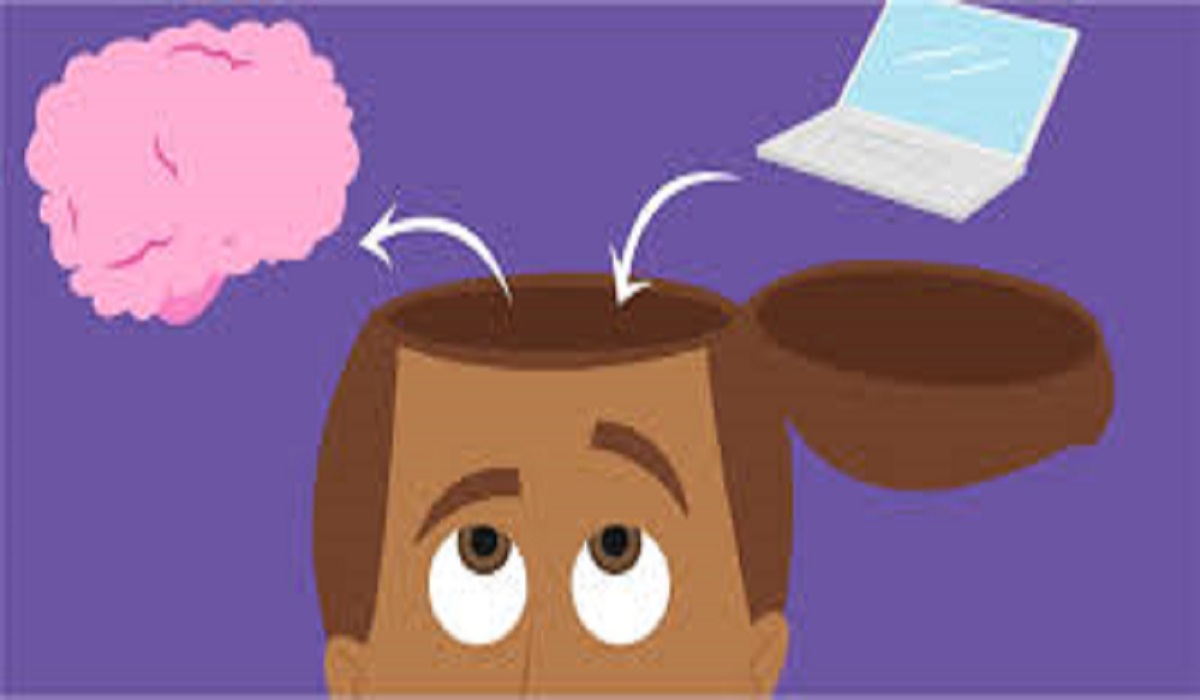Google Doesn’t Actually Replace Human Memory
Google Doesn’t Actually Replace Human Memory: In today’s digital age, search engines like Google have become an extension of our cognitive processes. With instant access to vast amounts of information, some argue that Google is replacing human memory. However, this isn’t entirely true. While Google serves as a powerful tool for retrieving facts, it doesn’t replicate the depth, context, and personal experience tied to human memory. This article explores why Google complements—rather than replaces—our cognitive abilities.
How Memory Works: Human vs. Digital Storage
1. The Nature of Human Memory
Human memory is complex, involving:
- Encoding: The process of converting experiences into memories.
- Storage: Retaining information over time.
- Retrieval: Accessing stored information when needed.
Unlike Google, human memory is influenced by emotions, biases, and personal significance.
2. How Google Stores Information
Google indexes and retrieves data based on algorithms. It provides factual answers but lacks:
- Emotional context
- Personal associations
- Subjective interpretation
Why Google Can’t Replace Human Memory
1. Memory is More Than Just Facts
Human memory includes sensory experiences, emotions, and learned skills—things Google cannot replicate.
2. Critical Thinking and Creativity
While Google provides answers, human memory allows for:
- Problem-solving
- Abstract thinking
- Innovation
3. The Role of Forgetting in Learning
Forgetting is a natural part of memory consolidation. Relying solely on Google may weaken our ability to retain and process information deeply.
4. Google as a Tool, Not a Replacement
Google enhances knowledge access but doesn’t replace the need for:
- Understanding
- Application
- Experiential learning
The Psychological Impact of Over-Reliance on Google
1. The “Google Effect” (Digital Amnesia)
Studies show that people forget information they believe can be easily found online.
2. Reduced Deep Learning
Constant searching may lead to superficial understanding rather than deep comprehension.
3. The Importance of Mental Exercise
Just as muscles need exercise, the brain benefits from recalling information without external aids.
How to Balance Google Use and Memory Retention
1. Active Learning Techniques
- Summarizing information in your own words
- Teaching others what you’ve learned
2. Limiting Instant Searches
Try recalling information before resorting to Google.
3. Engaging in Memory-Boosting Activities
- Reading books
- Practicing mindfulness
- Playing memory games
Conclusion
Google is an incredible resource, but it doesn’t replace human memory. Instead, it serves as a supplement, helping us access information quickly while we focus on deeper cognitive processes. By balancing technology use with active learning, we can maintain strong memory and critical thinking skills.
FAQs
1. Does Google weaken our memory?
Over-reliance on Google can lead to the “Google Effect,” where people forget easily searchable information. However, mindful use can prevent memory decline.
2. Can Google help improve memory?
Indirectly, yes. Google provides information that, when actively engaged with, can strengthen learning and retention.
3. How does human memory differ from Google’s storage?
Human memory is tied to emotions, experiences, and context, whereas Google stores raw data without personal meaning.
4. Is forgetting information normal if we use Google often?
Yes, but this is part of cognitive offloading. The key is to balance quick searches with active recall.
5. What’s the best way to use Google without harming memory?
Use Google for reference but practice recalling information, summarizing, and applying knowledge in real-life scenarios.
